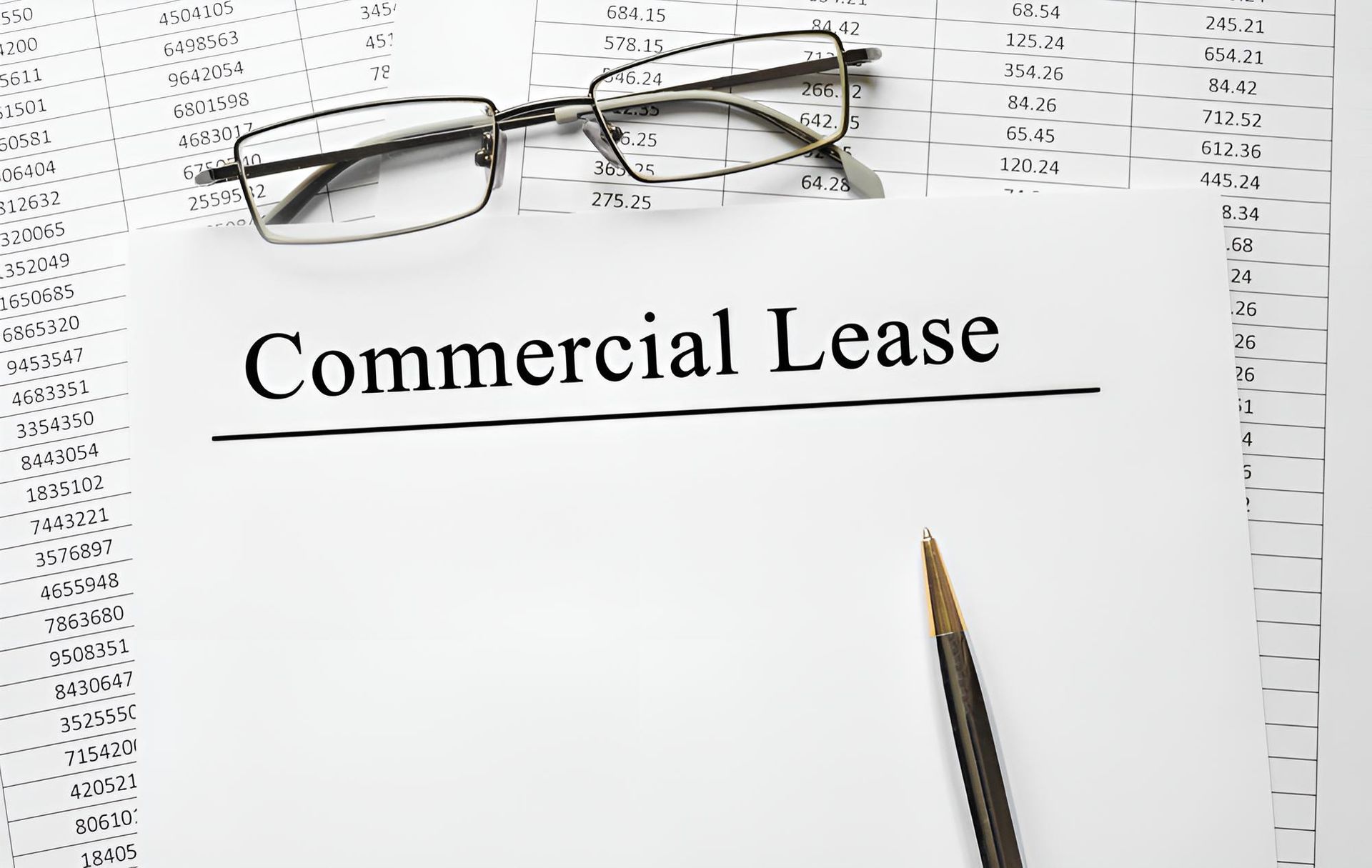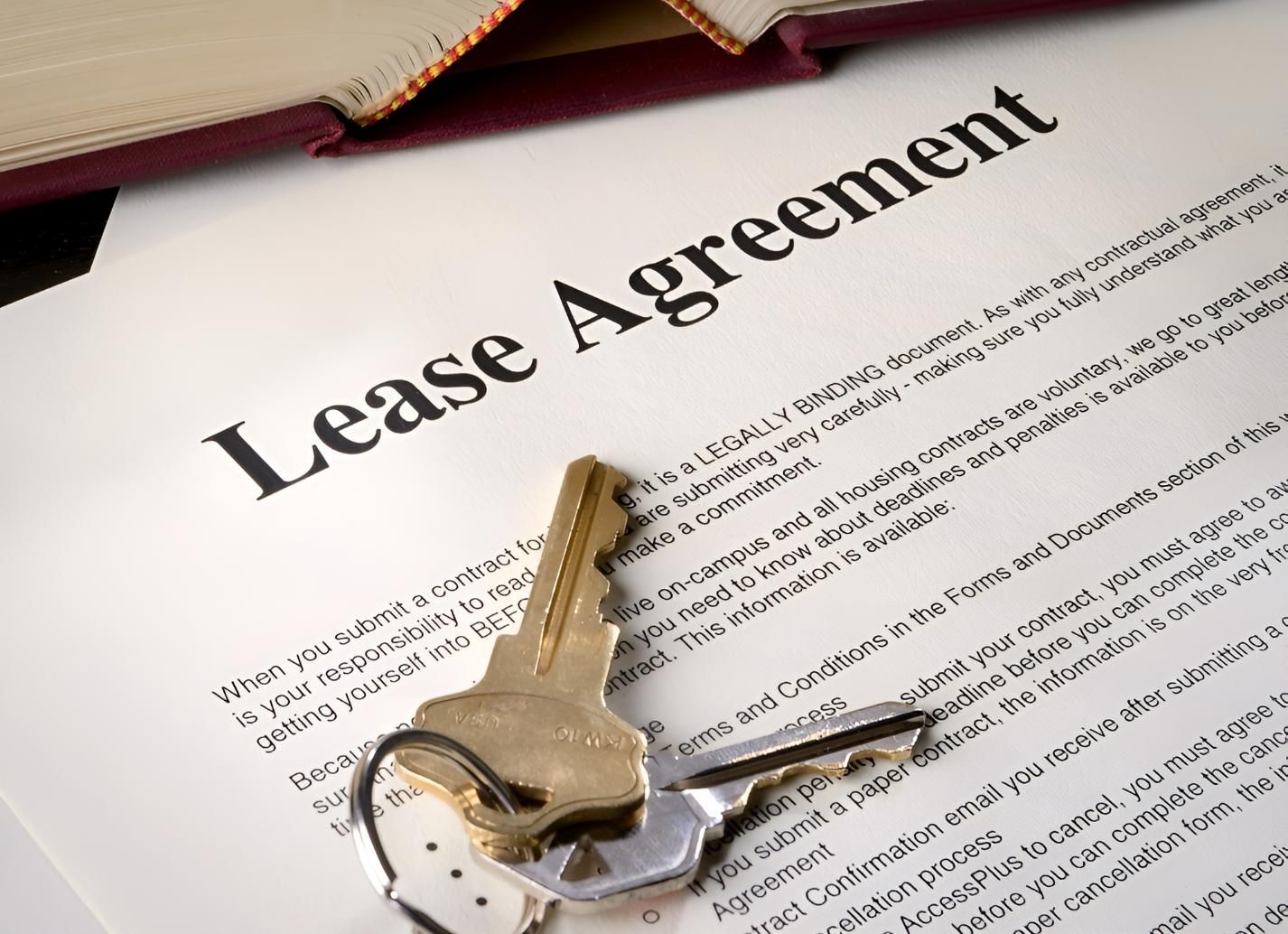Bradley J Bragg - Solicitor
Leases in the Atherton Tablelands
Bradley J Bragg – Solicitor provides straightforward legal support with clear communication, mobile consultations, and flexible payment options.
Rental & tenancy law
Atherton Tablelands Leases
Leases are legal agreements that set out the rights and obligations of landlords and tenants, whether for residential, retail or commercial properties. In Queensland, lease agreements must comply with relevant legislation such as the Residential Tenancies and Rooming Accommodation Act 2008 for residential properties, or the Retail Shop Leases Act 1994 for retail premises. Bradley J Bragg – Solicitor, based in Atherton, provides support with the preparation, review and negotiation of leases across the Atherton Tablelands.
Legal assistance can help identify potential risks, confirm compliance with applicable laws, and clarify responsibilities before a lease is signed. For landlords, this includes setting out terms of rent, maintenance and duration. For tenants, it may involve reviewing clauses related to rent increases, exit conditions, or permitted use of the premises. For guidance on lease terms or to review a draft lease agreement, phone 0434 368 235 to book a consultation.
Get a Free Quote
Contact Us
Thank you for contacting Bradley J Bragg - Solicitor.
We will get back to you as soon as possible.
Oops, there was an error sending your message.
Please try again later.
Need Help?
Frequently Asked Questions
Do I need a lawyer to review a lease?
It is highly recommended to have a lawyer review any lease before you sign it. Lease agreements are legally binding documents that can significantly impact your rights and financial obligations. A lawyer can explain key terms, identify potential risks, and suggest amendments to better protect your interests. This is particularly important for commercial leases, which often contain complex clauses and less consumer protection than residential leases.
What is the difference between a residential and commercial lease?
A residential lease governs rental of property intended as a place of residence and is subject to specific consumer protection laws. A commercial lease applies to property rented for business purposes and is generally more flexible but subject to negotiation between the parties. Commercial leases often involve more complex terms regarding rent reviews, fit-out obligations, and termination clauses. It is important to understand the key differences and legal implications of each lease type.
Can lease terms be negotiated?
Yes. Many lease terms, particularly in commercial leases, can and should be negotiated before signing. Key terms to consider include rent structure, outgoings, renewal options, termination rights, repair obligations, and security deposit requirements. It is important to seek legal advice during the negotiation stage to ensure that the lease reflects your needs and that any potentially onerous clauses are addressed before the agreement is finalised.
What should be included in a lease agreement?
Yes. While written agreements are strongly recommended, a verbal lease can still be legally binding if it meets the basic legal elements: offer, acceptance, intention and consideration. However, without a written document, enforcing terms or resolving disputes becomes more difficult and may rely on supporting evidence.
Terms & enforcement
Lease Agreements & Disputes
A well-drafted lease outlines clear expectations between the parties and helps avoid future disputes. Key terms include rent amount, payment frequency, duration, renewal options, and responsibilities for repairs or outgoings. In commercial and retail leases, parties must also consider clauses about signage, subletting, insurance and make-good obligations. Retail leases may also need to meet additional disclosure requirements under state law.
Disputes about leases often arise from misunderstandings, verbal agreements or unclear terms. Common issues include rent arrears, early termination, maintenance obligations, and bond disputes. In residential tenancies, the Residential Tenancies Authority (RTA) manages disputes, while commercial lease matters may proceed through negotiation or court action. For tenants or landlords in the Atherton Tablelands, understanding the legal framework can help when entering or exiting a lease. Legal advice is particularly important when signing long-term agreements, responding to breach notices, or preparing documentation to recover rent or vacate premises.








